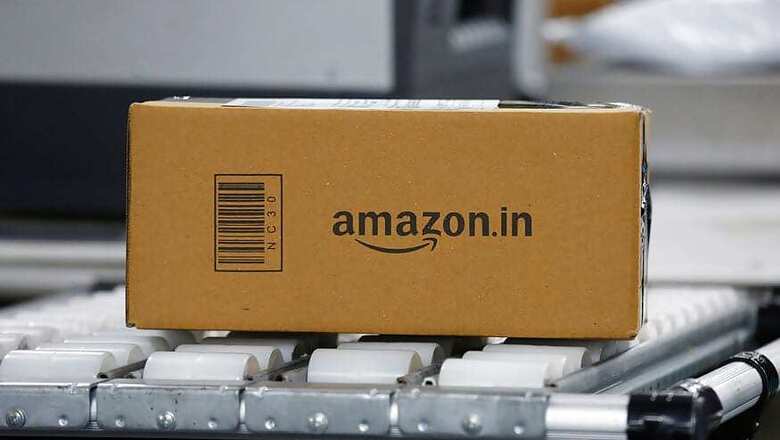
views
Google, Amazon and other tech firms will have to tell companies how they rank their own or rival products on their platforms under new rules agreed by EU negotiators aimed at stopping unfair practices by online platforms and app stores. Proposed by the European Commission in April last year, the platform-to-business (P2B) law is targeted at Google Play, Apple App Store, Microsoft Store, Amazon Marketplace, eBay and Fnac Marketplace.
Facebook, Instagram, Skyscanner and Google Shopping, Google Search, Seznam.cz, Yahoo!, DuckDuckGo, Bing are also among the 7,000 online companies covered by the proposed rules. Google was hit with a 2.42-billion-euro ($2.7 billion) EU antitrust fine in 2017 for favouring its own price comparison shopping service, while regulators are examining whether Amazon uses merchants' data illegally to make copycat products.
The rules include a blacklist of unfair trading practices, require companies to set up an internal system to handle complaints and allow businesses to group together to sue platforms. "Our target is to outlaw some of the most unfair practices and create a benchmark for transparency, at the same time safeguarding the great advantages of online platforms both for consumers and for businesses," EU digital chief Andrus Ansip said.
The tech industry expressed relief at the relatively light-touch regulatory approach. "It seems EU policymakers understood that imposing such a one-size-fits-all framework makes little sense in one of the most diverse and dynamic sectors of the economy," Jakob Kucharczyk of tech lobbying group CCIA said. Negotiators from EU countries, the European Parliament and the Commission agreed on the rules in the early hours of Thursday. They will now have to be rubber-stamped by EU countries and the assembly before becoming law.
European regulators have been cracking down on perceived unfair practices by some U.S. tech giants, who can have a huge influence in the markets in which they operate. Austria's competition authority said on Thursday it has begun investigating whether Amazon is exploiting its market dominance in relation to other retailers.




















Comments
0 comment